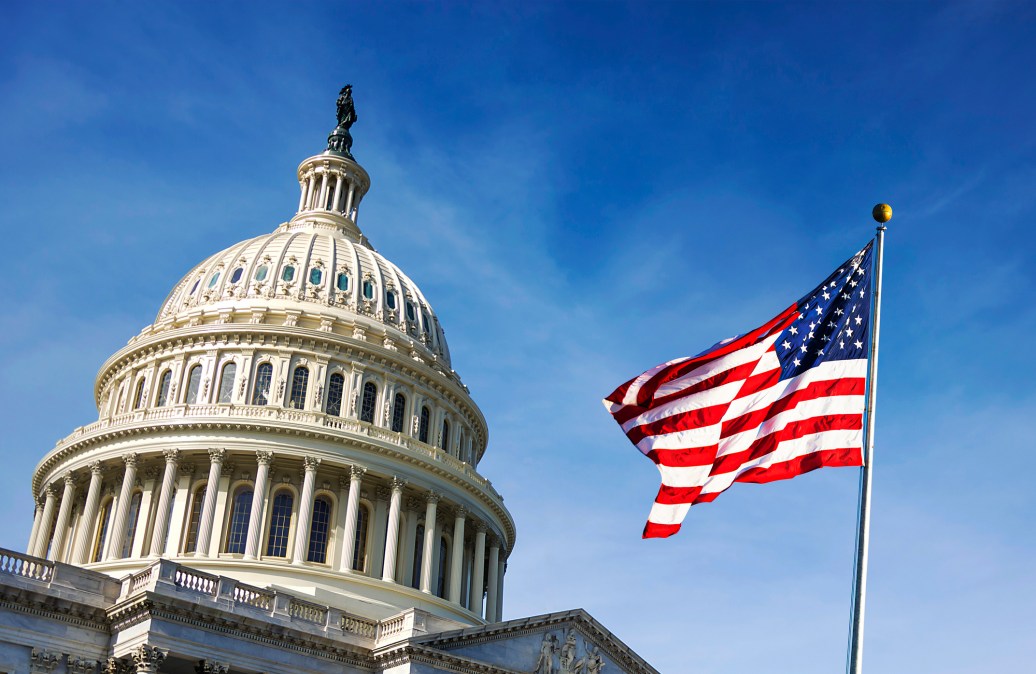House passes bill to improve Congressional Research Service data access

A bipartisan bill that aims to enhance the Congressional Research Service’s access to executive branch data was passed by the House of Representatives Monday via voice vote as lawmakers seek to assist their support agencies.
The Modernizing the Congressional Research Service’s Access to Data Act (H.R. 7593) would address issues the research arm faces when working to get data from federal agencies for its reports and other activities by codifying that authority. It comes after the House passed a similar bill that would improve data access for the Congressional Budget Office (H.R. 7032) earlier this year, also by voice vote.
“When our support agencies falter, we falter and it is incumbent upon us to fix what is not working. CRS is a case-in-point,” Rep. Stephanie Bice, R-Okla., the lead sponsor of the bill and chairwoman of the House Administration Subcommittee on Modernization, said in floor remarks Monday.
Bice noted that since the last time CRS’s statute was updated in 1970, the policymaking process has shifted away from being primarily driven by committees and now includes individual members of Congress as well. CRS’s authority to request information from agencies, however, doesn’t reflect the modern process, Bice said.
Additionally, the House passed another bipartisan bill that would remove a requirement to print bulky hardbound copies of the annotated constitution and instead replace it with a digital version that already exists. That bill (H.R. 7592) is also sponsored by Bice and passed Monday via voice vote.
Passage of both bills was immediately cheered by POPVOX Foundation, an organization focused on improving the way government shares information with the public.
In a written statement, the organization’s director of government capacity, Taylor J. Swift, said the bills “are a testament to the bipartisan work of the Committee on House Administration’s Modernization Subcommittee to promote common sense policies to strengthen Congress as an institution while also eliminating wasteful spending.”
Swift said the bill to remove the requirement for hardbound copies — which are given to lawmakers —- and replace it with a digital version would save taxpayers nearly $1 million every 10 years.
“We applaud the House for requiring its digital delivery instead, ensuring this valuable educational resource more efficiently serves Members, staff, and the public,” he said.



